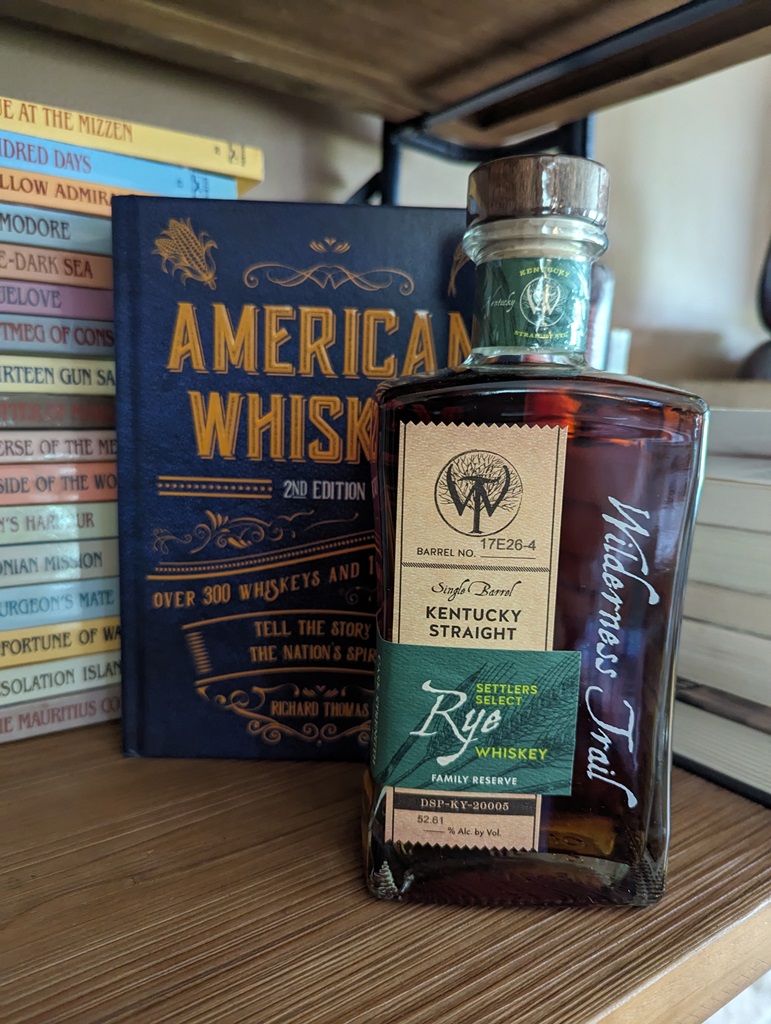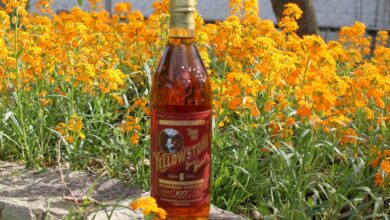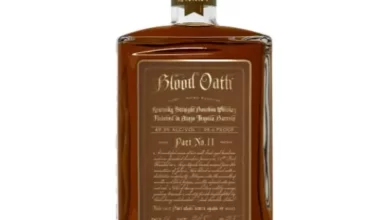What To Know About The American Whiskey Buy Outs
Your Favorite New Bourbon Brand Was Probably Bought Out. What Does That Mean?
By Richard Thomas
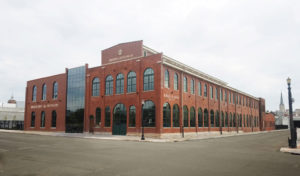
(Credit: Angel’s Envy Distillery)
If you pay attention to the American whiskey news from a business angle, or perhaps just keep an eye on your favorite brands, you can’t help but have noticed a series of big outside investments and buy-outs over the last couple of years. Any count of that would just include only the high profile acquisitions; hovering just below the radar were similar activities with outfits lesser known among enthusiasts, to say nothing of consumers at large.
Whether you are in the drinks-slinging business or a devoted whiskey drinker, this rising tide of acquisitions raises the key question of what to expect from the future. How will the buy out of your favorite sourced brand or micro-distillery (or future buy-out) change what goes into the bottle?
The Big Bottler Buy Out
A big company buying up a small one isn’t novel in the modern American whiskey market. Back in the early days of the micro-distillery movement, in 2010, William Grant & Sons picked up the brand of Hudson whiskey from its makers, New York State’s Tuthilltown, who continue to make the actual product. That same year, Proximo bought Stanahan’s, located in Colorado and an early pioneer in American malts, for a reported $3 million. Then things went mostly quiet for five years.
At the heart of the current acquisitions wave are major drinks companies with little or no presence in the thriving American whiskey market looking to get in, and they chose to do this by picking up an already successful brand and capitalizing it. Whether the brand was an independent bottler or had a distillery attached to it was, in overview, a secondary consideration. Having an established identity and the shelf space in stores and bars that went along with it was the foremost consideration.
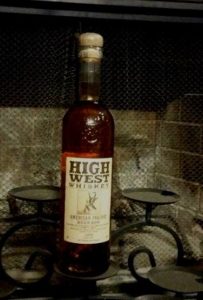
(Credit: High West Distillery)
This phase began in earnest when Bacardi bought Angel’s Envy in 2015. At the time, Angel’s Envy was essentially an independent bottler that had done more than anyone in America to bring the idea of secondary maturation, or cask finishing, to American whiskey. They had a property in downtown Louisville and designs to build a distillery in it, but the proposed plant would not go operational until November 2016.
Acquisitions following along these lines was the purchase of Utah’s High West by Constellation Brands in October 2016 and of West Virginia’s Smooth Ambler by French drinks giant Pernod Ricard in December of the same year. Although both of these American companies had operating distilleries, they were known in the marketplace principally as bottlers, having followed the model of introducing brands based upon sourced whiskeys into the market while building a distillery, making spirits and aging stock.
What building well-marketed brands based on sourced whiskey got Angel’s Envy, High West and Smooth Ambler was an established identity, and the customers that go with it. While having a running distillery is a valuable plus, of course, it doesn’t compare to having a viable business and real market space for companies like Bacardi, Constellation and Pernod-Ricard, all looking to get into the American whiskey sector.
Other Deals
Constellation Brands also bought a stake in popular Northern Virginia distiller Catoctin Creek, further expanding their entry into the American whiskey market.
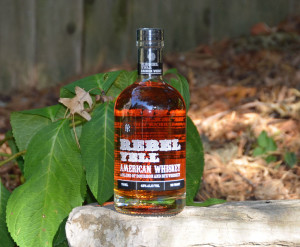
(Credit: Richard Thomas)
Luxco, a major player in the game of sourced spirits brands and owner of Rebel Yell, Ezra Brooks and Blood Oath, picked up a stake in Limestone Branch. This could be looked at as an investment in the future, but Luxco and Limestone then cooperated on creating the sourced brand Yellowstone.
Finally, America’s principal supplier of sourced whiskey, Indiana’s MGP, has made tentative moves in the direction of entering the game as a player with their own brands. After an initial foray with a limited edition named for their Master Distiller, Greg Metze, they went on to acquire the sourced brand George Remus. This was a transaction more seamless than most, since MGP was already the supplier for George Remus whiskeys.
The Sutton Saga
Falling into a category all it’s own was the purchase of Tennessee’s Popcorn Sutton distillery, its staff contracts and physical plant, without the moonshine brand attached to it. Popcorn Sutton’s management made a handful of highly questionably business decisions, such as relocating to out of the way Newport (where there is no tourism to speak of) or changing bottle designs and picking a trademark fight with Brown-Forman. All of this while Tennessee moonshine brands like Ole Smoky were thriving down in Gatlinburg.
Multiple sources in Tennessee’s distilling sector told The Whiskey Reviewer that Popcorn Sutton had fallen into dire financial straits, and the distillery was being offered up on the market for roughly a dime on the dollar (or approximately 10% of what was paid to build the facility). Viewed in this light, Sazerac’s acquisition of most of Popcorn Sutton’s property, everything but the brand itself, seems more like an opportunity buy than a considered strategy.
If Sazerac harbored even the slightest prior ambition of entering the Tennessee Whiskey market, perhaps with the vision of creating a Volunteer State version of Virginia’s A. Smith Bowman Distillery, then they made a very good buy indeed. They picked up the contracts of ex-George Dickel distillers John Lunn and Allisa Henley, something Sazerac acknowledges as very important to their future plans, plus some handsome equipment, and all for a song. However, given that Sazerac is intent of reopening the distillery sometime this Spring, it is unlikely the distillery will be moved from Newport to a more visitor-friendly location closer to Nashville.
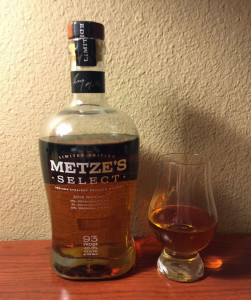
(Credit: John Rayls)
Where Is All This Going
Something that is important to understand is being absorbed into a conglomerate doesn’t necessarily mean changes in the product line up or the larger practices of the company. It has been more than six years since Hudson Whiskey and Stranahan’s were bought, and they are pretty much as they were. Neither has grown into a mid-sized distillery or, conversely, seen a radical departure from their existing product line.
In fact, just about the only thing that might have changed for Hudson Whiskey that wouldn’t have otherwise been the case is that it can be seen in European markets. It’s doubtful that Bacardi and Pernod Ricard will take Angel’s Envy and Smooth Ambler away from American customers so as to try and sell it to the French instead, but when the time comes and the stock will allow it, international distribution for these brands will certainly be much easier.
As for future acquisitions, it’s important to realize that the business logic of sourcing whiskey and building a brand while also building your distillery to ensure future production has been borne out in the buy-outs of 2016. A sizable handful of such companies remain, and ostensibly the only reason why they would not become candidates of a future buy-out is if they are unwilling to sell or there are no buyers. However, the group of pure micro-distillers that are just as prominent is now just large, if not larger. The focus may shift from companies that are primarily bottlers to 100% distillers.
As for whether your favorite small brand whiskey will remain the same, very rarely does a big player buy a successful, small whiskey company to mess with what made them successful. Things like that do happen, but killing the goose so much treasure was spent to acquire is far from the norm. Fans of a particular brand should relax, and realize that if anything with their favorite brand changes in the middle term, it will probably be for the best. Always keep in mind that before Japanese brewer Kirin bought Four Roses, it was a rotgut whiskey brand in the U.S.

